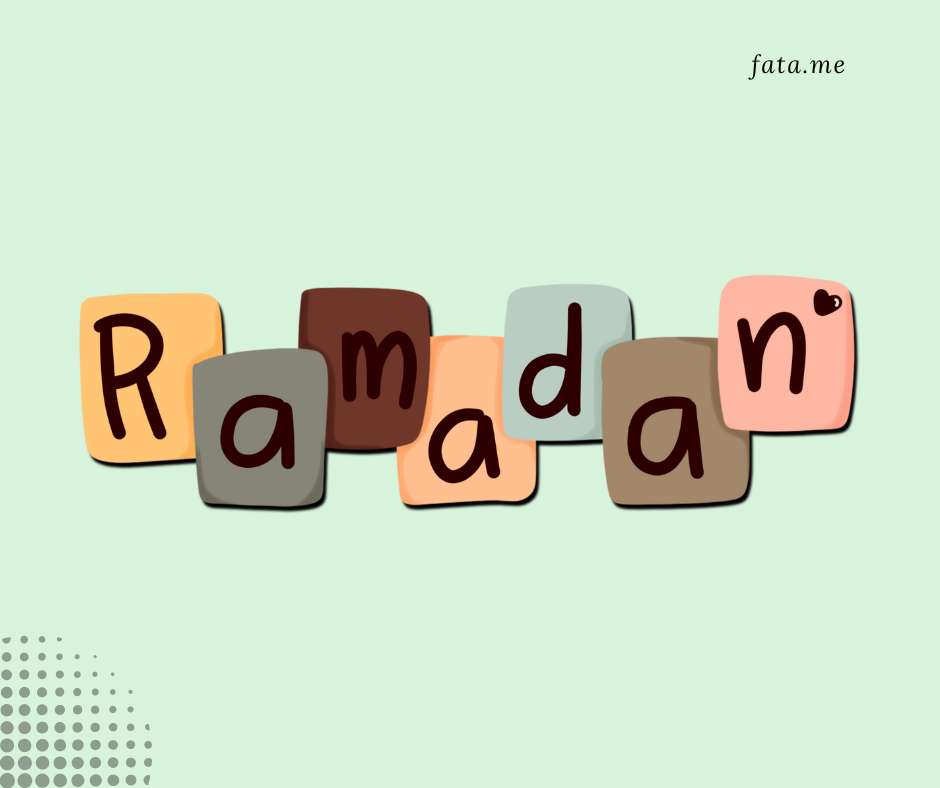As we approach the halfway mark for Ramadan, parents often find themselves navigating various aspects of the tradition, from fasting to prayers and charitable giving. However, Ramadan also presents an excellent opportunity to impart essential lessons about financial responsibility to our children. One way to do this is by managing your child’s Ramadan allowance wisely, instilling core principles of Islamic finance in their young minds.
Why give your child a Ramadan allowance?
Providing children with a Ramadan allowance serves multiple purposes beyond just monetary provision. It teaches them about the concept of budgeting, the value of money, and the importance of making mindful spending choices. Additionally, it offers a practical way to involve children in the spirit of giving during this blessed month.
Setting the allowance
- Establish clear guidelines: Sit down with your child and discuss the purpose of the allowance. Explain that it’s meant to cover their personal expenses but also emphasize the significance of allocating a portion for charity.
- Consider age-appropriate amounts: The amount of the allowance should be tailored to your child’s age, needs, and your family’s financial situation. It should be enough to cover essentials like snacks or small gifts but not so much that it encourages wasteful spending.
- Link allowance to responsibilities: Tie the allowance to age-appropriate chores or tasks. This helps children understand that money is earned through effort and encourages a sense of responsibility.
Teaching financial responsibility
- Budgeting basics: Encourage your child to divide their allowance into different categories such as charity, personal spending, and savings. Use this opportunity to teach them about the importance of budgeting and planning ahead.
- Saving for a purpose: Encourage your child to set aside a portion of their allowance for a specific goal, such as purchasing a gift for Eid or saving for a charity project. This teaches them the value of saving and delayed gratification.
- Charitable giving: Emphasize the significance of giving to those in need during Ramadan. Encourage your child to allocate a portion of their allowance for charity (Sadaqah) or to sponsor iftar meals for the less fortunate.
Monitoring and guidance
- Regular check-ins: Schedule regular discussions with your child to review their spending and savings habits. Offer guidance and support as needed, but also give them the autonomy to make decisions and learn from their mistakes.
- Lead by example: Be a role model for responsible financial behavior by demonstrating prudent spending, charitable giving, and diligent saving habits in your own actions.
Conclusion
Managing your child’s Ramadan allowance is not just about providing them with spending money; it’s an opportunity to impart invaluable lessons about financial responsibility, generosity, and the importance of mindful consumption. By instilling these principles early on, we can empower our children to become conscientious stewards of their wealth and active participants in the spirit of Ramadan. So consider how you can leverage your child’s Ramadan allowance to nurture their financial literacy and spiritual growth.

